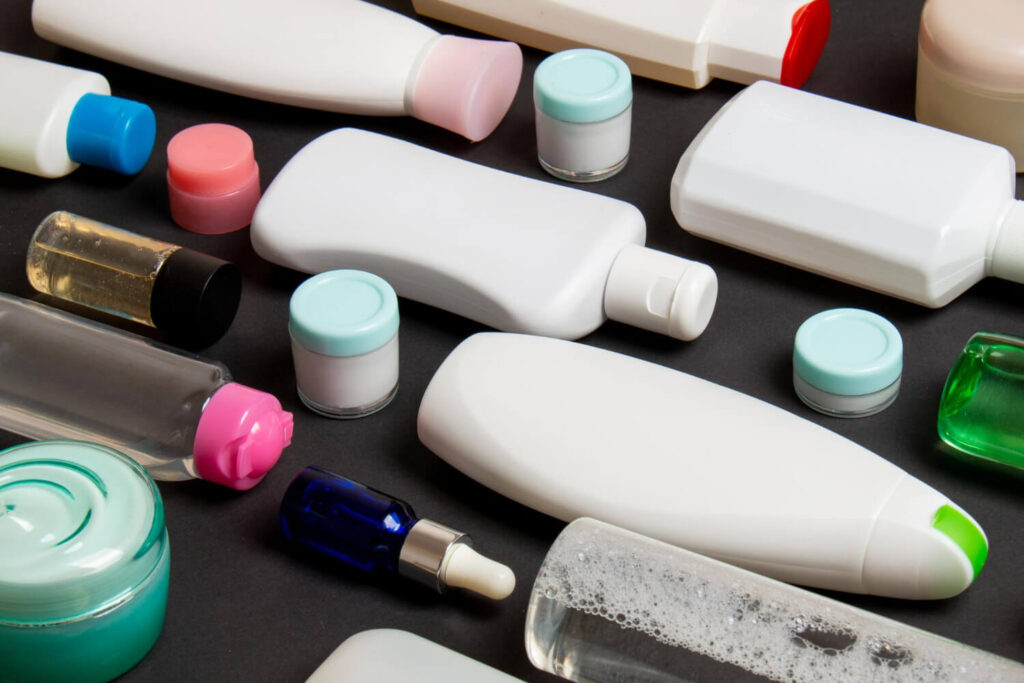

3 minuts 14.04.2025
The Lifespan of Plastic Bottles: How Long Do They Really Take to Decompose?
Plastic bottles are one of the most commonly used single-use products in the world, which is why their impact on the environment is huge. Although plastic is a very practical material, its breakdown in nature takes hundreds, even thousands, of years. In this article, you will learn how long it really takes for plastic bottles to decompose and what consequences they have for our planet.
How Long Does It Take for Plastic to Decompose?
The decomposition time of plastic in the environment is very long and can range from several dozen to several thousand years, depending on the type of plastic and environmental conditions. Popular plastic materials such as PET, HDPE, and PVC decompose very slowly. For example:
- PET plastic bottles take from 450 to 1000 years to decompose.
- Plastic bags take from 10 to 20 years to decompose, but their decomposition can last up to 1000 years.
- Plastic straws may take as long as 200 years to decompose.
During this time, plastic does not completely disappear but breaks down into smaller particles, creating microplastics that pollute the environment. Recycling plastic and reducing its usage are crucial for the protection of our planet.
Why is Plastic So Difficult to Degrade Anyway?
Plastic is difficult to decompose, mainly due to its chemical structure and exceptional durability. It is made up of long chains of molecules called polymers. These are very difficult to break down by microorganisms that decompose other organic materials. Plastic does not occur naturally in the environment, which is why microorganisms cannot destroy it, as they do with other organic materials. Some plastics are designed to be resistant to environmental factors, which is why they can survive in the environment for a very long time before they begin to decompose.
The lifecycle of plastics
Plastic is made from natural resources such as petroleum, natural gas, or coal. Initially, monomers are created, which then join together to form long chains of molecules, creating polymers. The polymers are then processed into various forms of plastic. This prepared plastic, in the form of pellets or other raw materials, is sent to factories where it is molded into finished products. These products are then distributed and sold on the consumer market.
Plastic is used in everyday life by consumers for various purposes, such as in food or cosmetic containers and clothing. After use, plastic waste can be sent for recycling or to landfills. In recycling, some types of plastic are processed into new items, such as building materials for reuse. However, if plastic ends up in a landfill, it can remain there for thousands of years. The microplastics produced from decomposing plastic pollute the environment, which is why recycling is so important.
FAQ
Does it take 1000 years for a plastic bottle to decompose?
Yes. Plastic bottles, especially those made of PET, can decompose from 450 to 1000 years, depending on environmental conditions.
How long does PVC take to break down?
PVC plastic can take 100 to 1,000 years to decompose in the environment.
What takes the longest to decompose?
PVC takes the longest to decompose. It can remain in the environment for hundreds or even thousands of years.